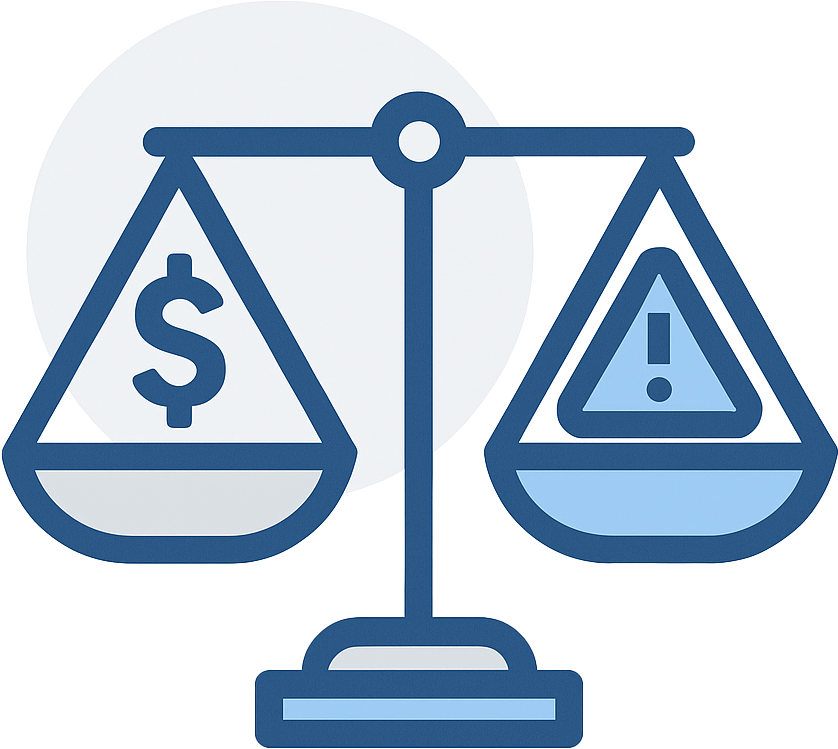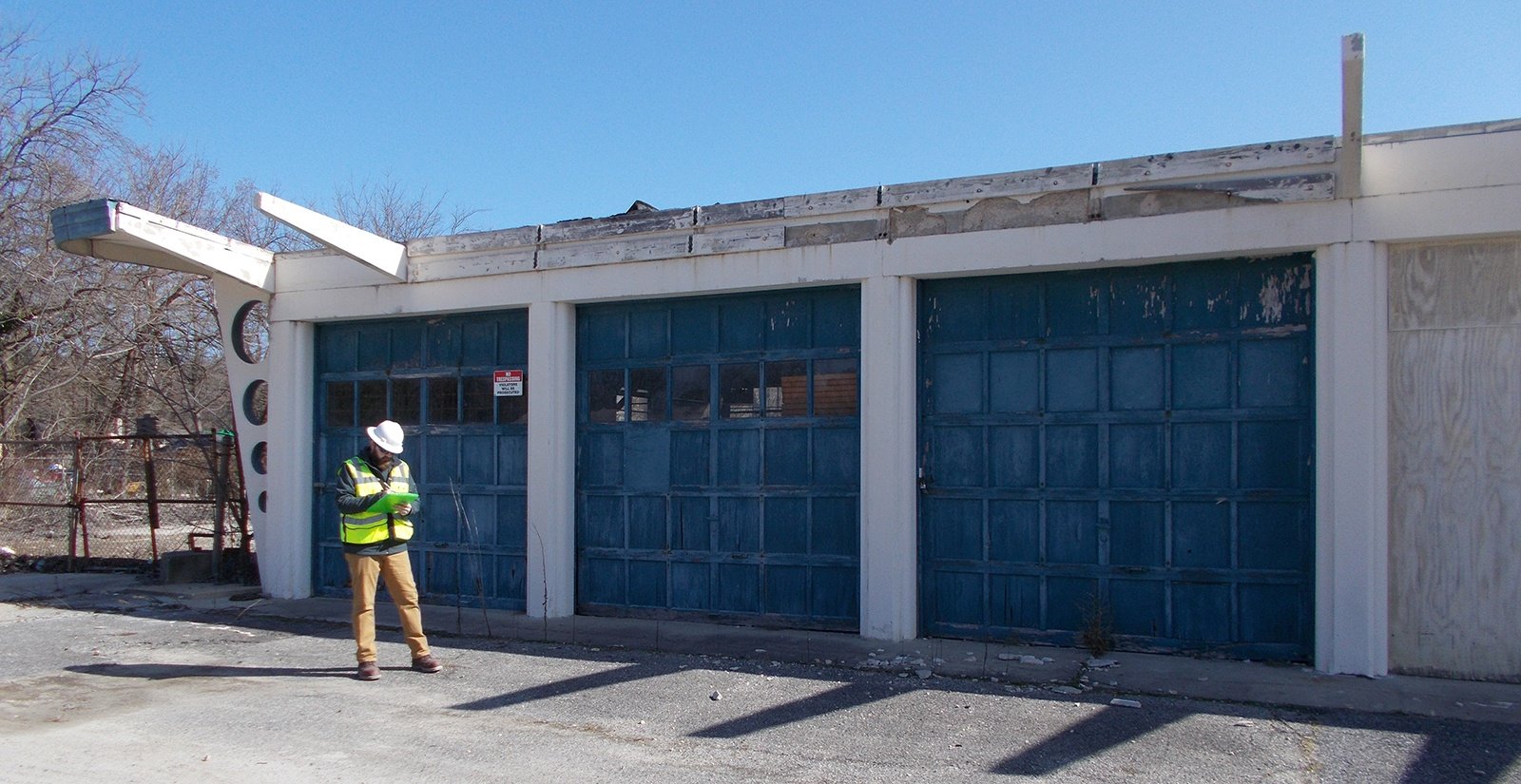-
Services
Environmental Audits
Uncover and fix compliance risks before they become problems.
Environmental Regulatory ComplianceStay up to date with plans, permits, approvals, and reporting.
Full Environmental ProgramsWe manage all your environmental needs, start to finish
Environmental TrainingEasy, effective environmental training for your team.
Going Green & Environmental ManagementBuild your sustainability plan or EMS with expert help.
Phase I ESAs & Environmental Due DiligenceFast, reliable environmental site assessments nationwide.
-
Industries
Manufacturing
Supporting manufacturing operations with tailored environmental solutions.
Commercial PropertiesBalancing owner & tenant needs with smart, risk-reducing environmental strategies.
WarehousesNavigate environmental standards effortlessly, ensuring smooth supply chain operations.
ConcreteExpertly serving the concrete sector with deep industry-specific environmental insights.
Data CentersEnsuring environmental compliance while advancing towards sustainability goals.
Investors / M&AAvoid costly pitfalls with comprehensive environmental due diligence for informed investments.
- Training
- Locations Served
-
Pricing
RMA Pricing Overview
Learn exactly what RMA services cost, what drives those costs up or down, how we compare to others, and where to start.
Pricing CalculatorsAnswer a few quick questions and get an instant online estimate for any of our services! Free to use and no personal info required.
Online Environmental AssessmentTake our quick 10-question quiz to get a custom compliance report and estimated pricing based on your actual needs.
Violation Cost CalculatorThink compliance is expensive? Use this tool to compare average RMA service prices against actual fines, straight from the regulations!
-
Learning Center
Learning Center
Start here! Everything you need to know about environmental compliance, explained clearly with tools, videos, and expert answers.
RMA BlogTimely updates, insights, and real-world guidance to help you navigate regulations, avoid fines, and stay ahead.
About RMAGet to know the RMA team, how we work, and why hundreds of businesses trust us with their compliance.
Environmental TrainingAccess practical, no-fluff environmental training programs that meet your requirements and actually make sense to your team.











